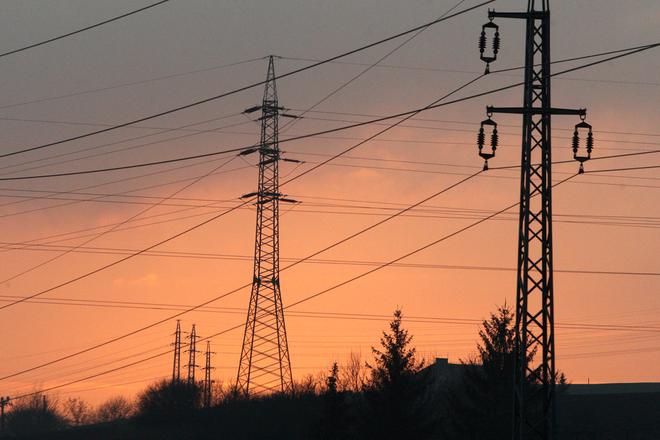Electricity prices for households and small businesses will remain regulated according to a draft of the Regulation Policy for the next five-year regulatory period starting in 2017. The Office for Regulation of Network Industries (ÚRSO) does not plan to cancel or reduce the regulation.
“The total so-far development of the energy sector has not showed yet such an extent of maturity of participants of the market that would eliminate temptation of dominant suppliers to abuse their position to the detriment of consumers,” ÚRSO wrote in the draft of the document.
The Regulatory Board should submit the draft of the Regulation Policy for the next regulation period between 2017 and 2021 to the ministries of economy and environment for evaluation by February 28 while the board should adopt the policy by March 31. Afterwards ÚRSO will publish it on its website within 15 days of its adoption.
This time the office chose a different approach to creation of the document. In the spring of 2015 it approached a total of 88 regulated subjects, relevant players on the market, associations as well as public institutions and call on them to submit their proposals and recommendations, the energy related website Energia.sk wrote.
ÚRSO had received nearly 500 comments to the draft by mid December, while fundamental comments were raised by employers’ associations as well as energy companies Slovenské Elektrárne, SPP, gas and electricity distributors and energy-related organisations as well as the American Chamber of Commerce (AmCham), the TASR newswire reported.
ÚRSO in the new regulation policy reflects latest challenges of EU energy policies including so-called energy union policy, while it wants to put bigger stress on protection of consumers and solving of the problem of the energy poverty.
ÚRSO will continue to regulate energy prices with a price cap.
“This system will enable energy suppliers to compete for the consumer and to offer lower prices for services, goods or other products,” the office wrote.
In Slovakia the electricity market has been fully liberalised only for large commercial consumers while prices for households and small companies remain regulated.
The office admitted pressure from some energy companies and lobbyist circles to cancel energy price regulation altogether, but argues such a step would lead to an uncontrolled increase in energy prices. It uses the example of small companies, when cancelation of price regulation for supplies of electricity for this sector was followed by an increase in energy process by 20 percent.
Energy prices are regulated also in Slovakia’s neighbours, except for the Czech Republic, which is the only member country of the Visegrad Group (V4) that has liberalised the prices. The Czechs started with liberalisation in 2006.
“After the deregulation the prices increased, the increase was significant – roughly one-third,” said Jiří Chvojka, spokesman of the Czech regulator, as cited by the Hospodárske Noviny daily. “But gradually the price of the commodity decreased and today it is roughly by two-thirds lower than in 2006 and 2007.”
High energy prices
Companies in Slovakia have long complained high electricity prices as compared to neighbours.
The Institute for Economic and Social Studies (INESS) think tank agrees that final energy prices belong to the highest in central and eastern Europe, which reduces Slovakia’s chances to win foreign investment. It sees transmitting costs of public policies on electricity consumers as behind the high energy prices in Slovakia. In its latest study Electric Tax released on January 13 it has calculated that the total of taxes and fees that does not serve for financing of production, transmission, and distribution of electricity, amount to €26.45 per MWh.
“The energy market apart from transmitting of costs sees frequent and erratic changes from the side of the government and the regulator,” said Martin Vlachynský, analyst with INESS. “This increases unwillingness of the sector to invest in Slovakia and increase the quality of services.”
Martin Hošták, secretary of the National Union of Employers (RÚZ), believes that the current situation slows down competition between suppliers.
“They are not motivated to arrive with innovative ideas, for example an offer of installment purchase of a new energy facility or the realisation of saving measures included in the energy price,” Jozef Badida, analyst of the energy portal EnergiePrevas.sk told Hospodárske Noviny.



 (source: Sme)
(source: Sme)